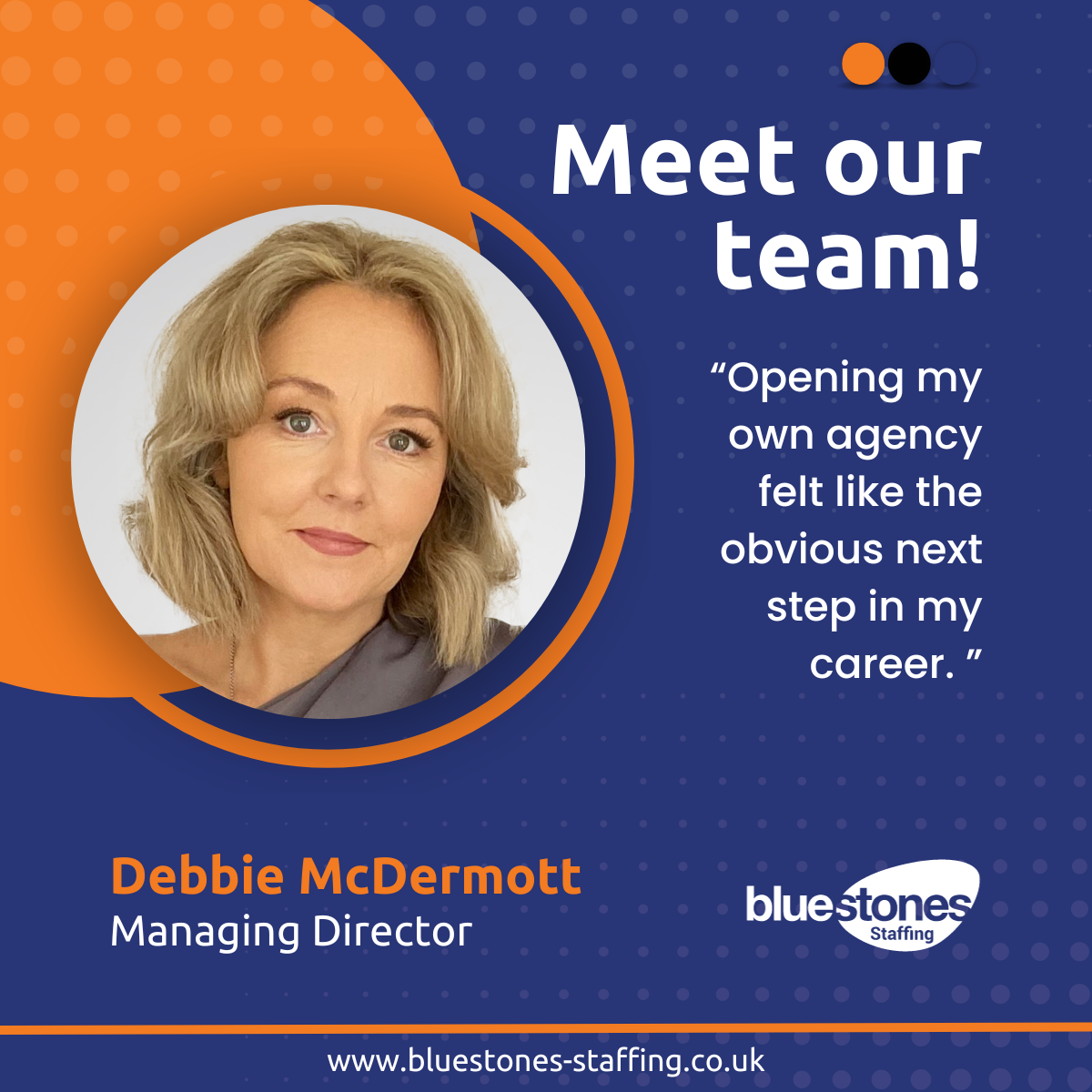When you leave school, whether you’re 16 or 18, you’re faced with various options regarding your next step. Making decisions about your future can cause you to experience a range of emotions, from feeling excited about gaining more independence to feeling overwhelmed by too many options.
Making decisions
You don’t have to make career decisions alone. You can speak to various people, including your parents/carers, teachers, and career advisors.
When you’re deciding what career you’d like to pursue, you should consider three things:
- What do you enjoy doing?
- What are you good at doing?
- What options are available to you?
Once you’ve determined which career you’d like to aim towards, it\’s a good idea to research it thoroughly to determine what the role involves. You could even reach out to businesses and enquire about getting some work experience in the position you\’re interested in.
Attending career events can be exceptionally beneficial. You’ll get to meet people who work in specific roles and industries and ask them questions about what their job entails and what their own experience has been. You’ll also find advice and information about which educational routes are available across each sector.
Transport
When you\’re making decisions about your future, whether going to college, starting an apprenticeship, or going straight into work, you’ll need to think practically about how you’ll get there.
Will you need to use public transport? If so, you’ll need to work out which bus or train you need to catch and how long the commute will take, including the walk to and from the station or bus stop.
Money
Will you have a part-time job if you’re at college or university? If so, you need to figure out how many hours you’ll be able to work around your timetable and how much money you’ll need to earn to maintain your lifestyle and keep up with any financial commitments you have.
If you decide to stay at school or attend a further education college in Northern Ireland, you may be eligible for Education Maintenance Allowance (EMA).
EMA is a weekly award of £30 paid fortnightly to eligible students. You may also receive two bonus payments of £100 if you achieve the goals and objectives your school or college set out as part of the Learning Agreement Part 2.
EMA is awarded for vocational and academic further education courses, up to and including Level 3. To be eligible, you must:
- Be aged between 16-19
- Have a household income of £20,500 or less if there is one dependent child
- Have a household income of £22,500 or less if there is more than one dependent child
- Attend full-time school or attend a minimum of 15 hours per week at college, studying an eligible course
- You meet the nationality and residency rules set out in the EMA scheme
- You have not already received the maximum allowance for EMA
You can find further information about EMA here.
So, what are your options?
If you’re 16 years old, you have three main options:
- Stay in full-time education – at school, a sixth form college, a further education college or a University Technical College (UTC)
- Start an apprenticeship or traineeship
- Work or volunteer for 20 hours or more per week while completing part-time education or training.
If you’re 18 years old, you can:
- Combine work and study – with a traineeship, apprenticeship, supported internship or School Leavers Scheme
- Continue studying – completing a higher technical skills course or university degree
- Get straight into work
Getting a job
Regardless of which career path you take, you will ultimately be seeking a job at some point. Applying for a new job can be daunting even for adults with great work history, experience, and qualifications.
You may be looking for your first job even if you’re planning on staying in full-time education. Earning your own money will offer further independence, and you’ll gain valuable experience that may give you new skills.
Writing your first CV
Firstly, you need to include your name, address, and contact details, such as your mobile phone number and email address.
You may not have a job history, but you will have skills and experiences you’ve gained throughout life. Extracurricular activities are a great way to demonstrate the valuable skills you have, and you can link them back to the role you’re applying for and demonstrate how they’re relevant.
For example, if you play a particular sport or are part of a team or club, you can establish the skills you\’ve gained since joining. Sports can display teamwork, dedication, competitiveness, and reliability. Music, drama, and theatre can indicate having confidence, creativity, commitment, and self-discipline.
Can you speak any additional languages? Speaking a foreign language will open up new opportunities across various sectors, including education, healthcare, tourism, and hospitality. Learning a different language also displays lateral thinking, inquisitive learner, analytical thinking, and perseverance.
You may have hobbies or certain classes in school that you enjoy and flourish in that teach you practical skills and experience that relate to specific sectors. If you excel in IT, write for the school newspaper, are a keen photographer, or thrived in food technology classes, add it to your CV as it could be just the thing that lands you a job.
At the end of your CV, you can include your references; individuals an employer can contact to find out more about you. You should include someone that knows you well and has a good grasp of your skills and qualities.
This can include:
- A teacher or tutor
- An employer (where you’ve volunteered or had work experience)
- Social worker
- Youth club leader
- Coach or teacher from an extracurricular class/club
If you need help with the layout of your CV, you can use our free CV Builder. All you need to do is input your details and information, including an email address, and once you click submit, you will receive a professional CV emailed to you in PDF format.
Looking for a job
Whether you’re looking for a part-time job that works around your education or you’re ready to secure your first full-time job, we can help you find exactly what you\’re looking for. Additionally, our consultants can advise you on career routes, help you with your CV, or prepare for any interviews your secure.
So, if you\’d like support or advice, contact our team via email at info@bluestones-staffing.co.uk or call our office on 028 95 219 313.










